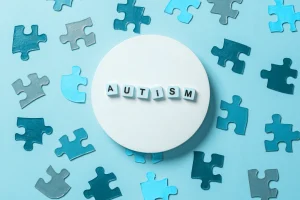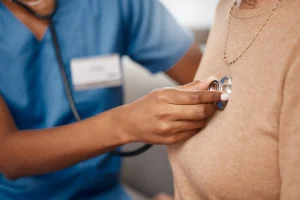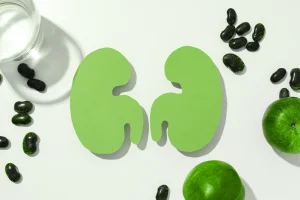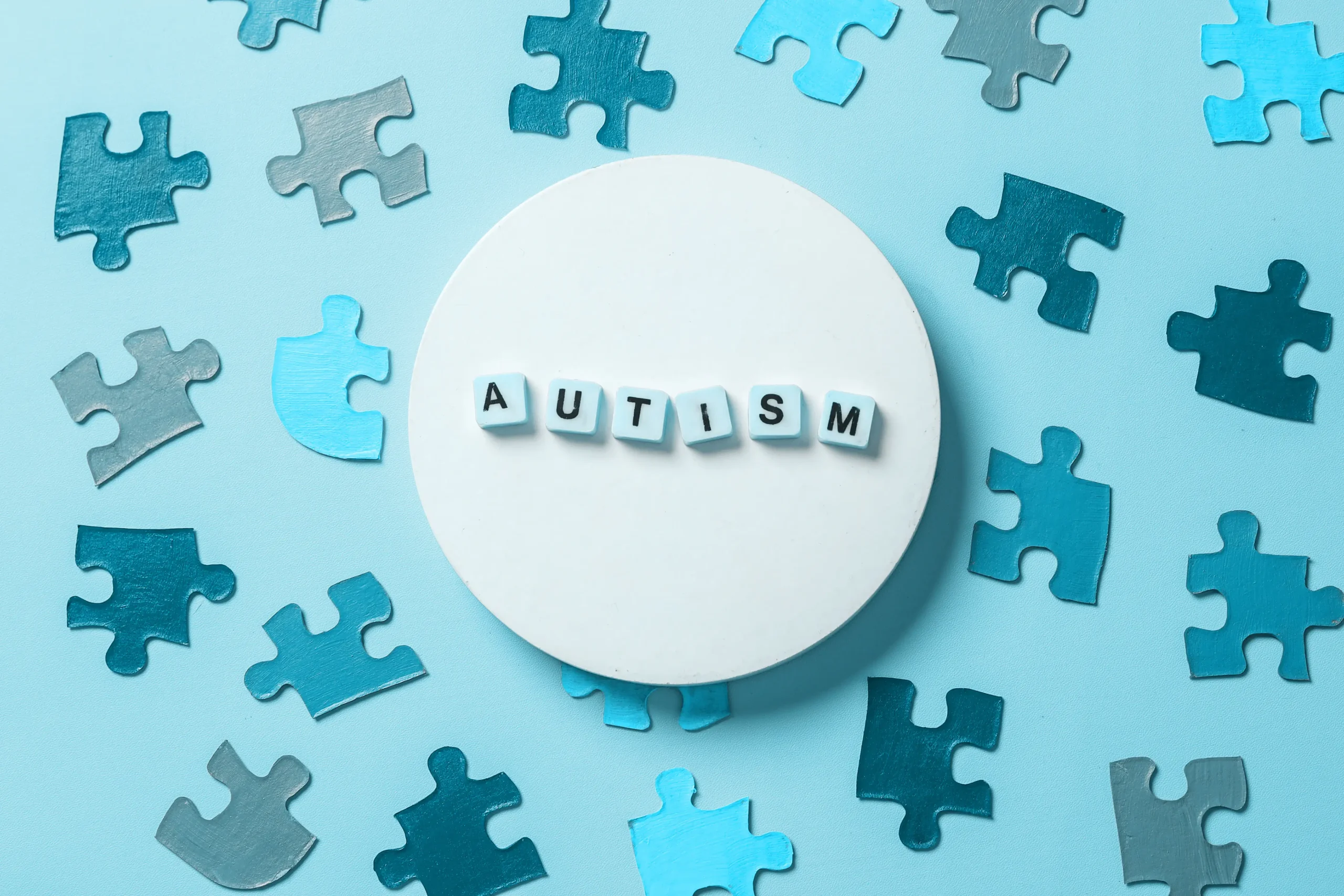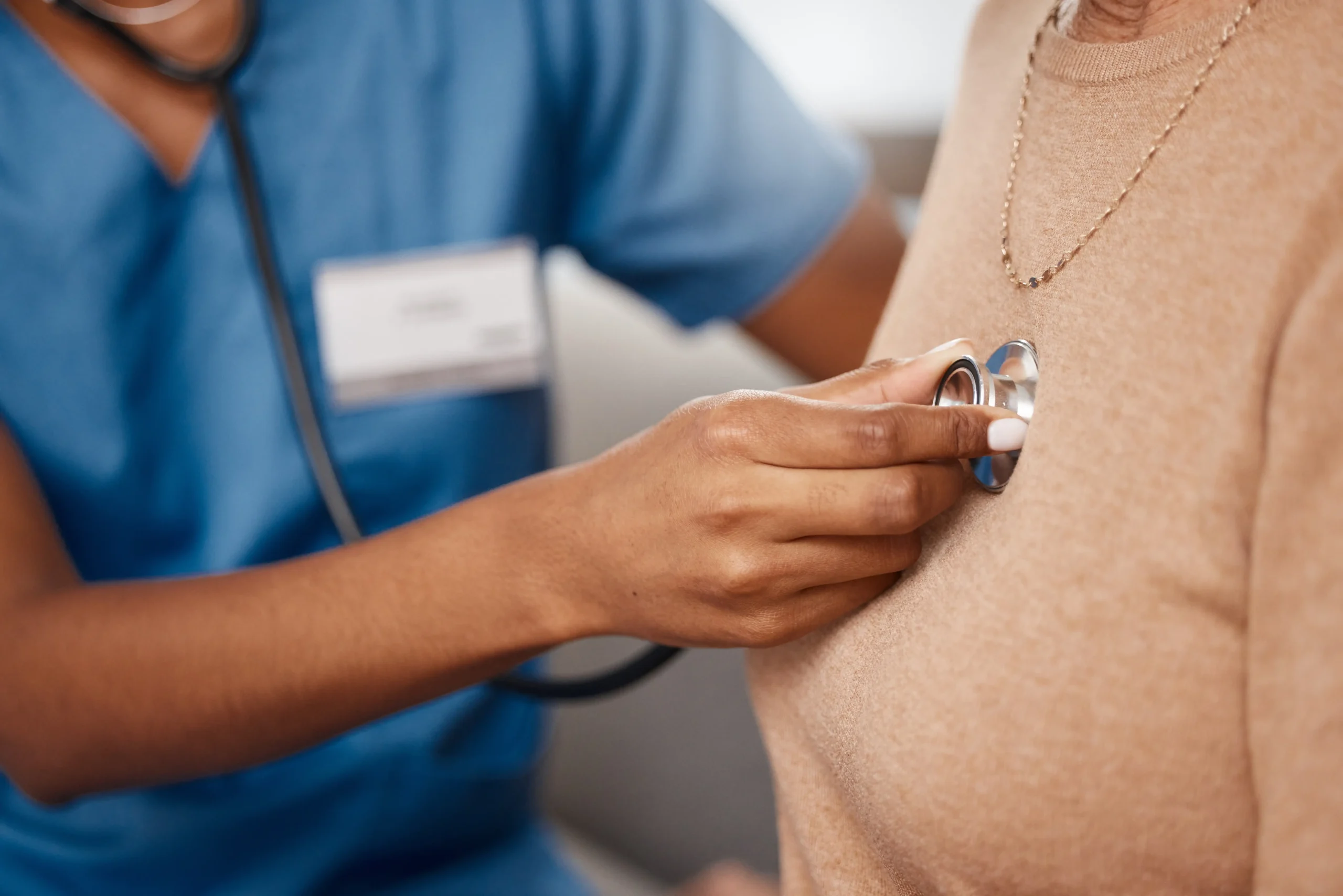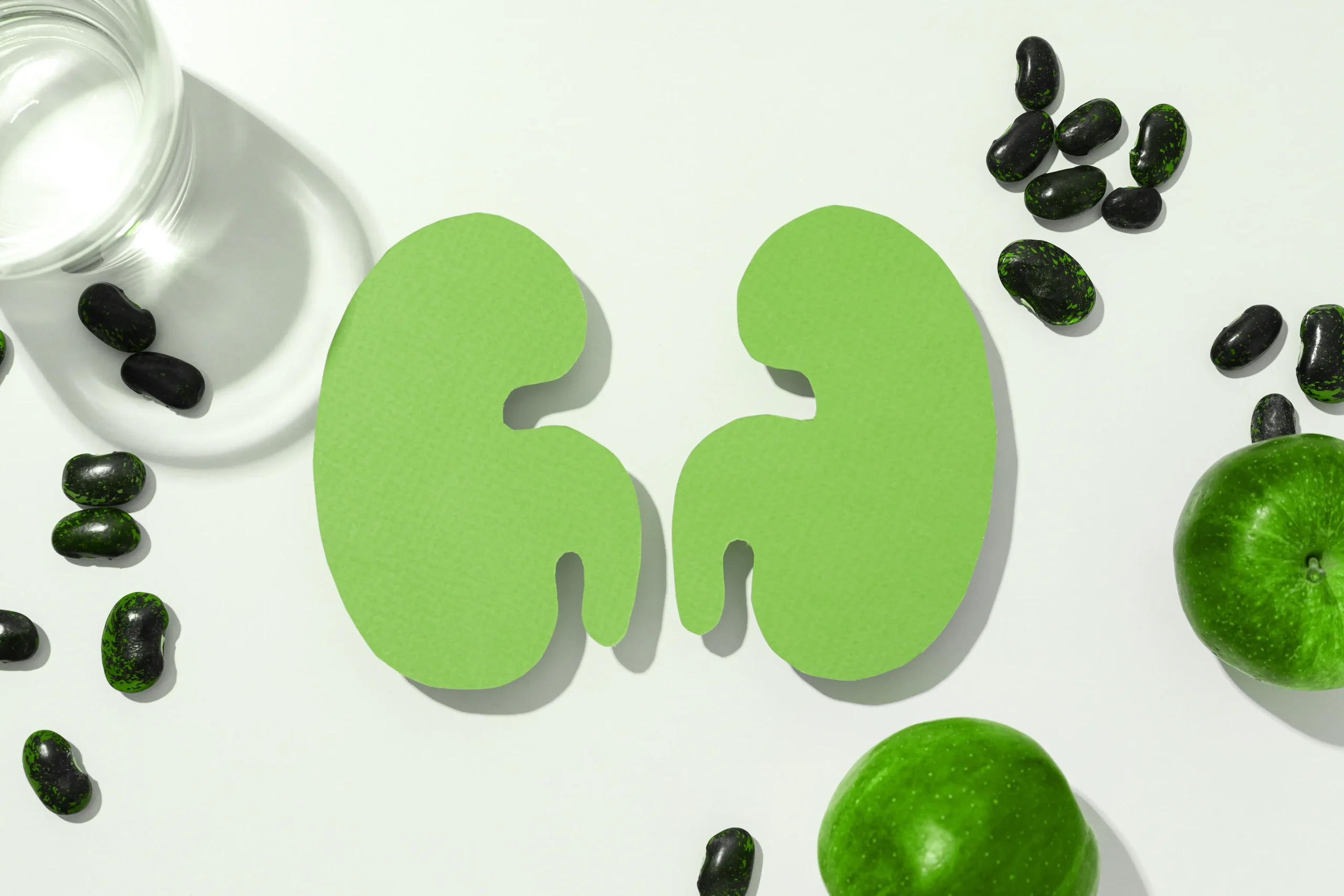Handwashing needs to become a fundamental part of our lives
In light of the COVID-19 pandemic, World Hand Hygiene Day highlights how vital handwashing is to our health. We have come very far in understanding the impact of cleanliness on preventing disease.
How did the link between disease and handwashing evolve?
Handwashing has been a core element of personal hygiene in religion and culture for centuries but the scientific reasons for the link between handwashing and health was first made less than two centuries ago.
In 1847 a Hungarian-German obstetrician called Ignaz Semmelweiss noticed that both babies and mothers who were treated by doctors were more inclined to die than those who were treated by midwives. He observed that doctors would go directly to attend to mothers who were in labour, without washing their hands, after conducting post-mortems and treating the very ill.
Semmelweiss introduced the practice of handwashing with an anti-septic-type liquid to accompany it. Semmelweiss was derided for promoting the practice of washing hands and his fastidiousness did not gain much attention. Doctors were offended at the suggestion that they were responsible for spreading disease and killing people instead of healing them. Today he is honoured around the world for his pioneering work.
The mother of modern nursing, Florence Nightingale also noticed the rifeness of diseases during the Crimean War of 1853-1856 due to a lack of hand hygiene and instituted the practice of changing the linen daily and bathing patients to prevent the spread of disease.
Louis Pasteur, usually known for the discovery of the pasteurisation of milk and its preventative measures against germs, credited Semmelweiss in his works. Joseph Lister also applied the theory and introduced the use of carbolic acid to disinfect hospitals and surgical equipment. He wasn’t taken too seriously either, until he successfully treated Queen Victoria.
Medical Scientist Jamie MacDonald, previously of the South African National Institute of Communicable Diseases (NICD), says people must wash hands thoroughly. “The problem areas are the wrists, palms, in between the fingers and under the fingernails.”
Medical Technologist Bolele Disenyeng, Senior Medical Technologist at the National Institute for Communicable Diseases (NICD), explains how hands should be washed. “You open your tap with the elbow, you wet your hands, take your soap, and cover all your hand surfaces…and if it’s not an elbow tap, you can always use tissue to close it.”
Handwashing is one of the key foundations of COVID-19 prevention and must continue to be a fundamental part of our daily lives as we live through this pandemic and beyond, to protect us from disease.
Chat with your doctor about the correct way to wash your hands and what are the best washing and antiseptic materials to use to keep your hands clean.
Remember to wash your hands regularly! It could save your life and other’s lives.
The lenmed Group is a world-class chain of Private Hospitals that brings quality healthcare to communities across Southern Africa.
For more information please contact:
Dr Lesego Shushu, GP
MBChb (MEDUNSA)
Lenmed Royal Hospital and Heart Centre
Tel: +27 (0) 53 046 0350/+27 (0) 72 317 7660
Email: [email protected] or [email protected]
Disclaimer: Any information contained here is merely a guideline. Always visit your healthcare practitioner for any health-related advice or diagnosis.




